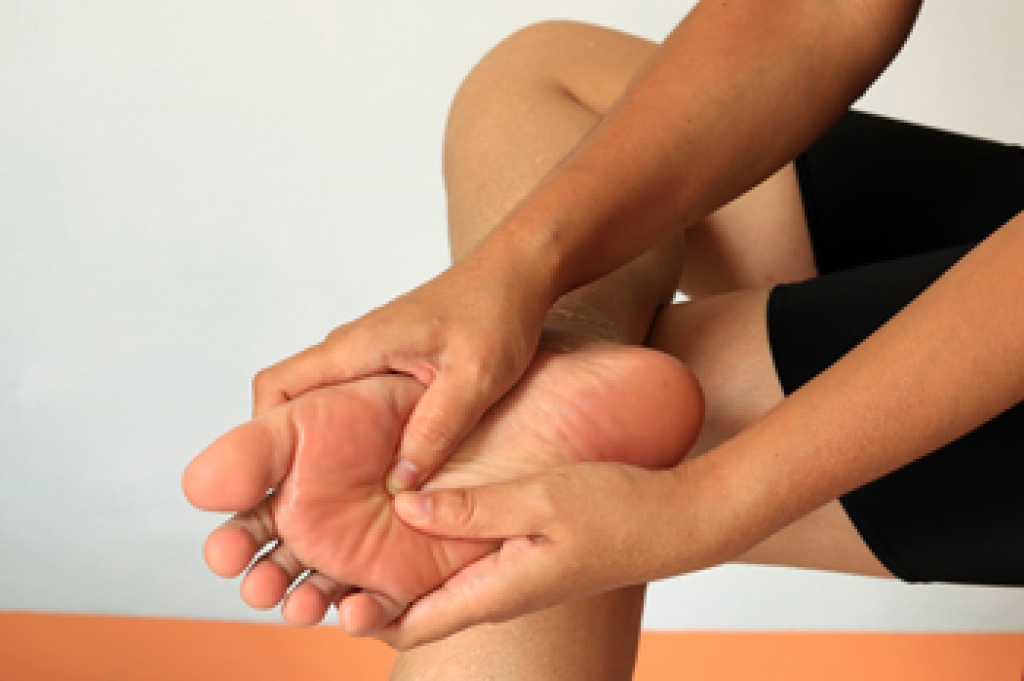 It is beneficial for children who have not begun walking yet to crawl while barefoot. As your child gets older, it is important to have their feet measured. This can be helpful in determining what size shoes your child should wear. The basic rules for choosing the correct shoes include ensuring that there is adequate room for the toes to move freely in, and for the shoes to be made with breathable materials. Many children are born with flat feet, and certain foot ailments may develop over time. It is suggested that you schedule a consultation with a podiatrist who can properly assess any foot conditions that may be present.
It is beneficial for children who have not begun walking yet to crawl while barefoot. As your child gets older, it is important to have their feet measured. This can be helpful in determining what size shoes your child should wear. The basic rules for choosing the correct shoes include ensuring that there is adequate room for the toes to move freely in, and for the shoes to be made with breathable materials. Many children are born with flat feet, and certain foot ailments may develop over time. It is suggested that you schedule a consultation with a podiatrist who can properly assess any foot conditions that may be present.
Making sure that your children maintain good foot health is very important as they grow. If you have any questions, contact one of our podiatrists of Comprehensive Foot & Ankle Centers. Our doctors can provide the care you need to keep you pain-free and on your feet.
Keeping Children's Feet Healthy
Having healthy feet during childhood can help prevent medical problems later in life, namely in the back and legs. As children grow, their feet require different types of care. Here are some things to consider...
Although babies do not walk yet, it is still very important to take care of their feet.
Avoid putting tight shoes or socks on his or her feet.
Allow the baby to stretch and kick his or her feet to feel comfortable.
As a toddler, kids are now on the move and begin to develop differently. At this age, toddlers are getting a feel for walking, so don’t be alarmed if your toddler is unsteady or ‘walks funny’.
As your child gets older, it is important to teach them how to take care of their feet.
Show them proper hygiene to prevent infections such as fungus.
Be watchful for any pain or injury.
Have all injuries checked by a doctor as soon as possible.
Comfortable, protective shoes should always be worn, especially at play.
If you have any questions, please feel free to contact our offices located in Shepherdsville and Louisville, KY . We offer the newest diagnostic and treatment technologies for all your foot care needs.

 Plantar fasciitis
Plantar fasciitis Neuropathy
Neuropathy